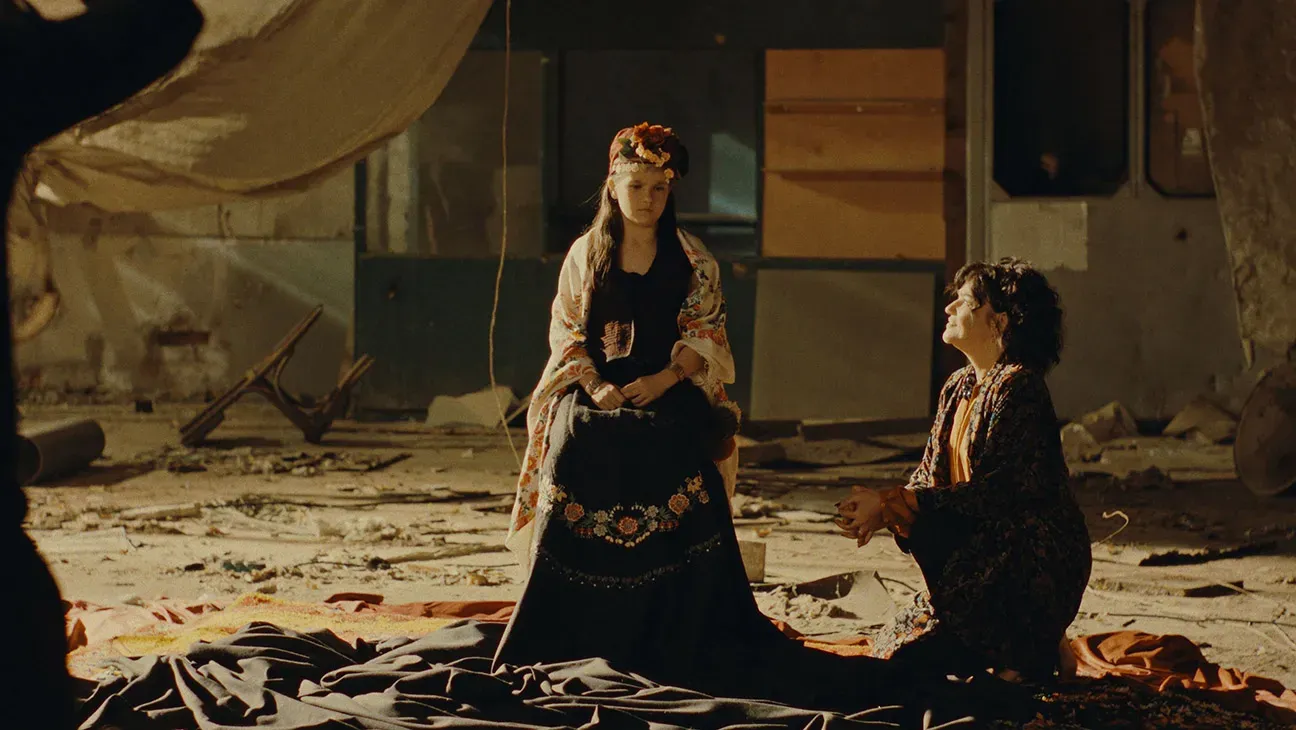
Reinterpreting Mother Teresa: A Film Review
- Aug 29, 2025
Mother Teresa, the Albanian nun whose work caring for the impoverished in India led to her canonized as a saint in 2016, is often seen as a symbol of sanctified goodness. But, a film directed by Teona Strugar Mitevska offers a different take on the revered figure. Titled 'Mother', the movie delves into Teresa's early years as a mother superior in 1948, depicting an ambitious and fervently religious woman cloaked with stern expressions. The director's portrayal rests on her own research and suggests Teresa wasn’t the idealistic figure she's presented as being – even showing hints of cruelty towards those who disappointed her.
'Mother' attempts to expose the less-known sides of Teresa and while it doesn't completely dismantle her popular saintly image, it offers intriguing snapshots of her persona. The film's script, filled with partial sentences and frequent interruptions, allows the audience to form their own conclusions about the character's unspoken past. It introduces the possibility of an affair between Teresa and her confessor, Father Friedrich, but leaves the authenticity of this claim ambiguous, making viewers fill in the blanks.
A central part of the film's narrative is the impending decision of who will succeed Teresa as mother superior of the Sisters of Loreto, should the Pope grant her permission to start her own order. Friedrich's preference for Sister Agnieszka, a soft-spoken Pole who narrowly escaped the Holocaust, creates tension, especially when she becomes unexpectedly pregnant and faces Teresa's wrathful response.

The film also explores Teresa's austere vision for her new order, characterized by selfless dedication to the poor, stark living conditions, and a dismissal of comfort and frivolity. Intermittent injections of unexpected creative elements such as dream sequences also add a unique touch to the narrative.
However, Mitevska's contemporary re-presentation of Teresa may not sit comfortably with everyone. There are numerous modern details, such as nuns wearing zippers on their robes and contemporary brands appearing on extras' t-shirts, which could be seen either as an attempt to relate Teresa's story to the current times or as a sign of the director's disregard for maintaining period authenticity. The director's gutsy take on such a revered figure breaks away from conventional depictions, representing her as a tangible, complex human being rather than a distanced icon of pure goodness.







